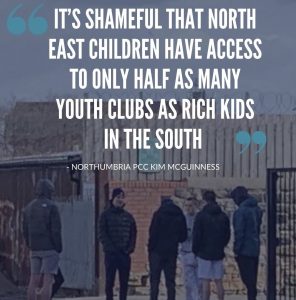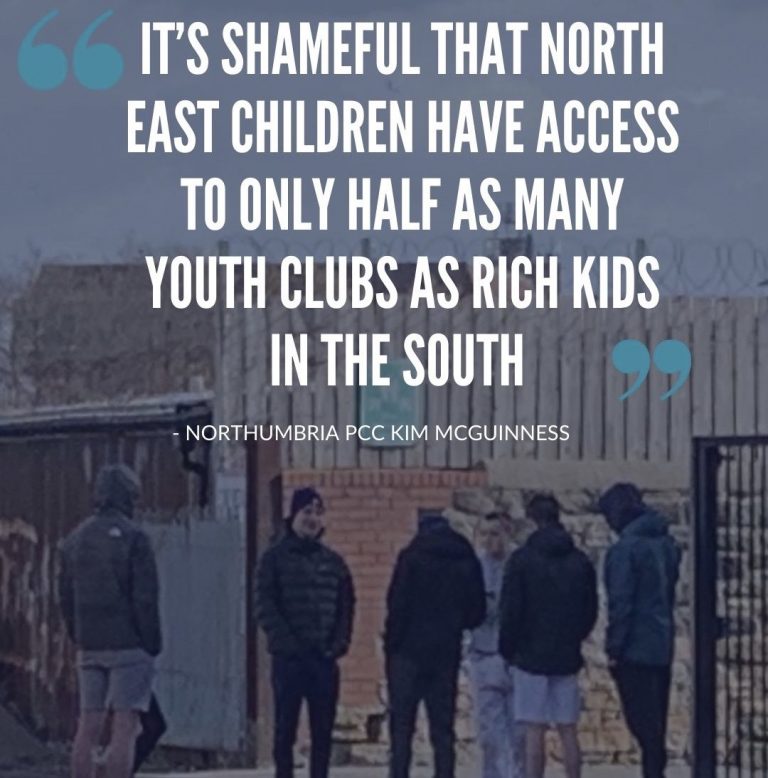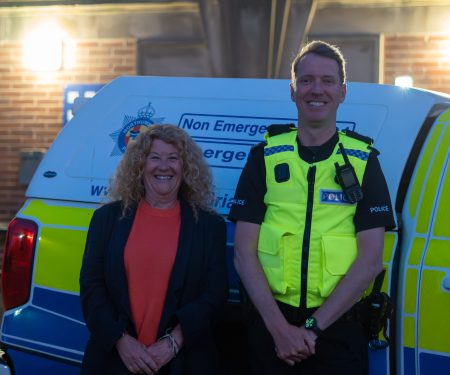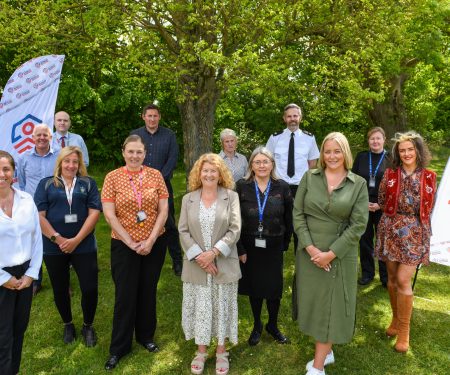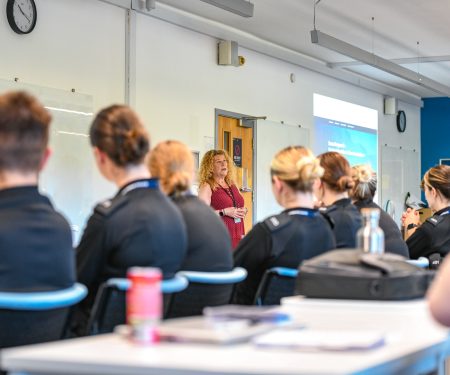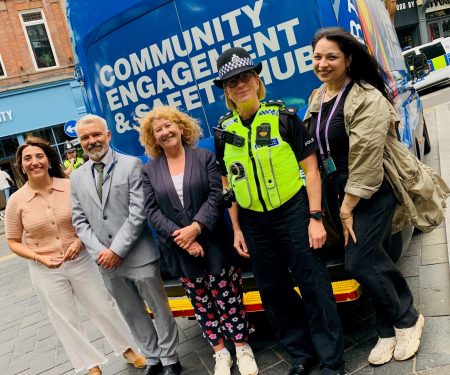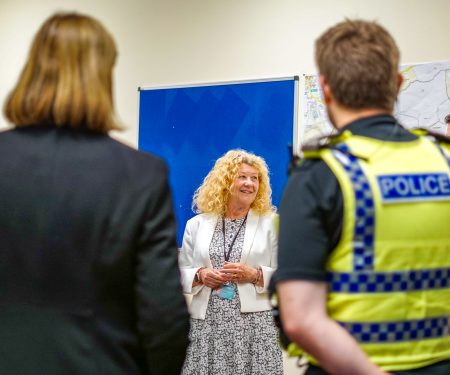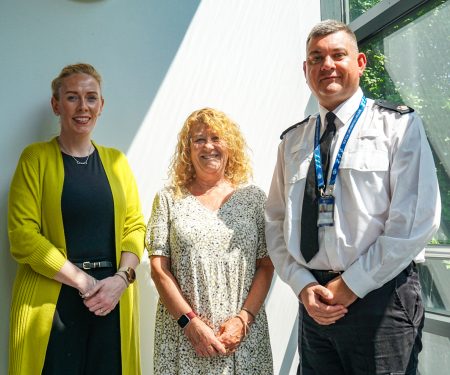THE findings of a new youth report, revealing young people living in areas of deprivation have less access to youth clubs than those in more affluent areas, have been met with anger by Police and Crime Commissioner Kim McGuinness.
A report published by the National Youth Agency this week uncovered young people in England’s 10% most deprived areas have half as much access to youth services as those in the 10% most affluent postcodes.
The north of England is home to 90 per cent of the most deprived neighbourhoods in the UK, sparking growing concern from the Police Commissioner whose office has previously calculated that youth services across Northumberland, Tyne and Wear have experienced a 75% real-terms funding cut since 2011.
Northumbria Police and Crime Commissioner, Kim McGuinness, said: “It really shouldn’t matter where you live but it clearly does. I care so much about the North East and it beggars belief that the areas that need youth services the most are being deprived of them. Social inequality is rife. It makes absolutely no sense – the exact opposite of levelling up is happening and it’s just not right.”
She continued: “There will be consequences to ignoring this too. We don’t want kids hanging around on the Metro causing antisocial behaviour or setting bins on fires – so let’s give them places to hang out, things to do.”
According to the End Child Poverty Coallition, the North East has the second highest rate of child poverty in the UK at 37 per cent. The region also saw the UK’s biggest increase in child poverty from 2014/15 to 2019/20.
Government analysis has shown that South Tyneside and Newcastle have the highest levels of child poverty in our region.
The Commissioner continued: “We have some shameful levels of poverty in our area and a shameful lack of youth services to match. South Tyneside and Newcastle have some of the highest child poverty levels in our region. Fewer youth services means young people in deprived areas are far more likely to get caught up in crime and preyed upon by criminals who draw them into crimes like County Lines.
“Fear of crime also plagues the lives of the poor more than the affluent too. We know poorer people are more than twice as likely to fear becoming a victim to burglary or being attacked – this because more criminals live in the more deprived areas.
“Tackling all these issues has to start with children and young people – it begins with investing in prevention. We have to fight poverty to fight crime.”
